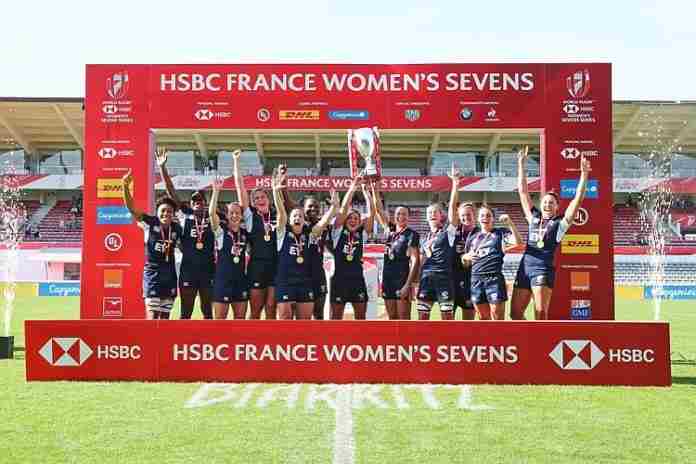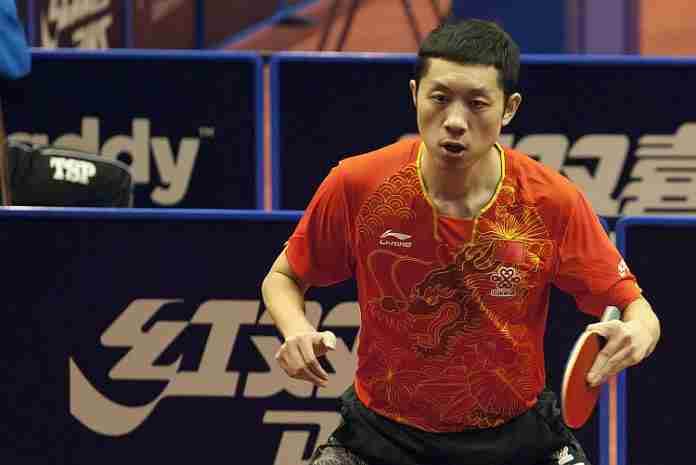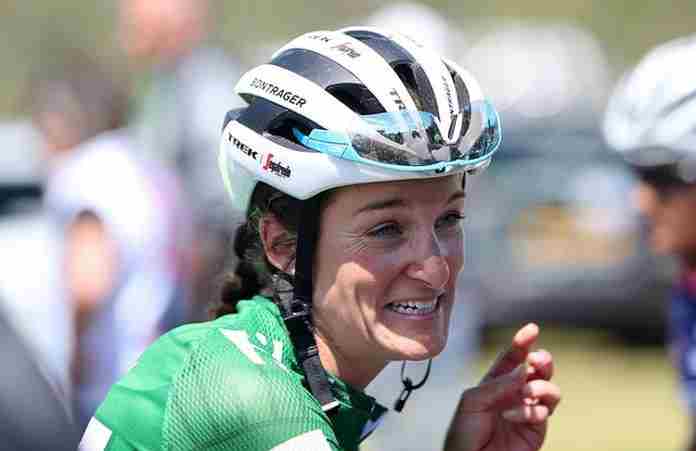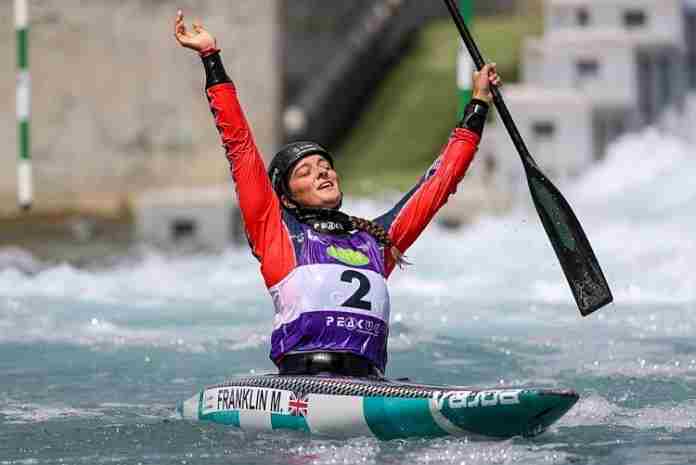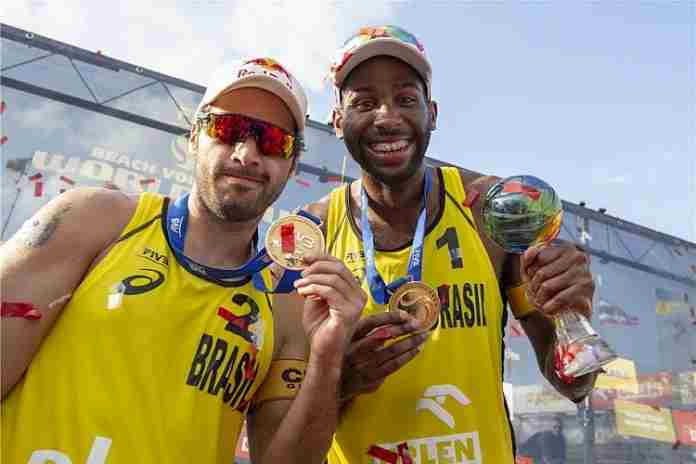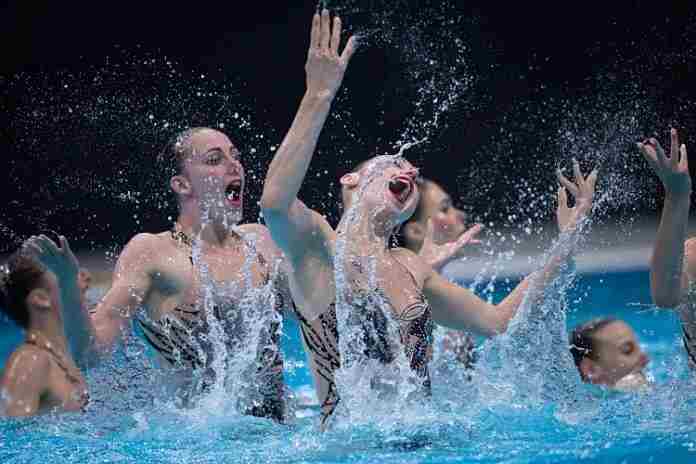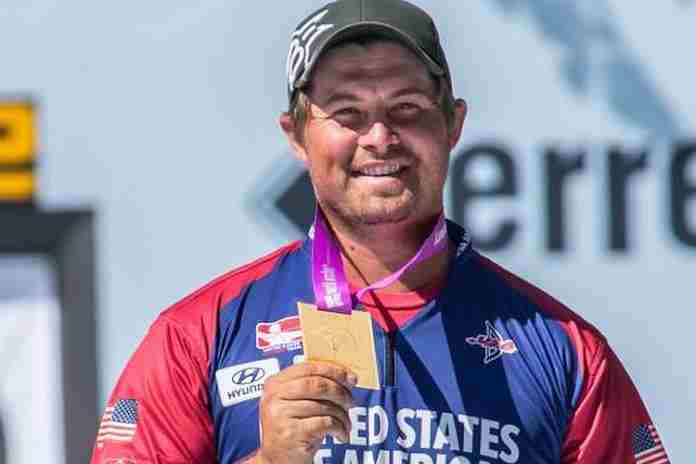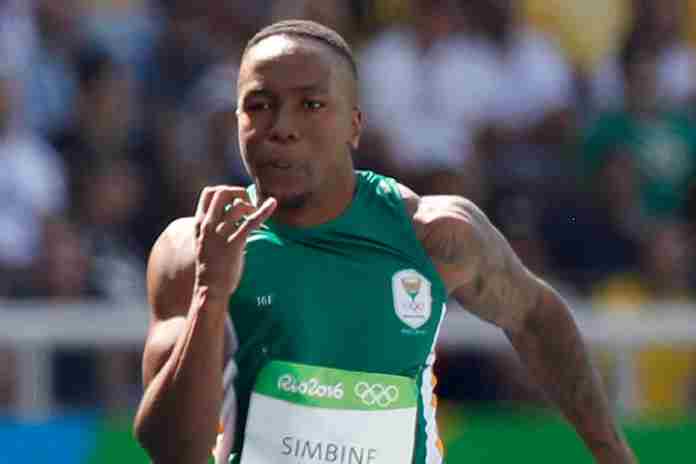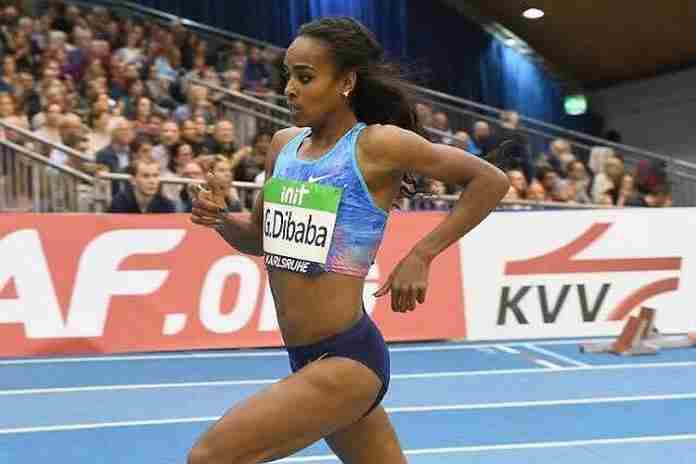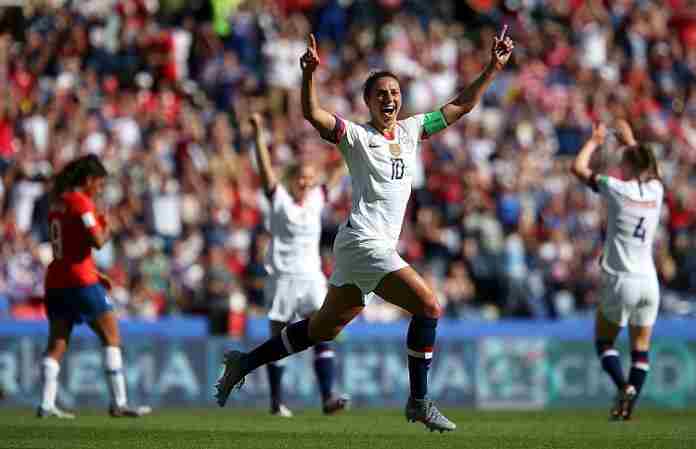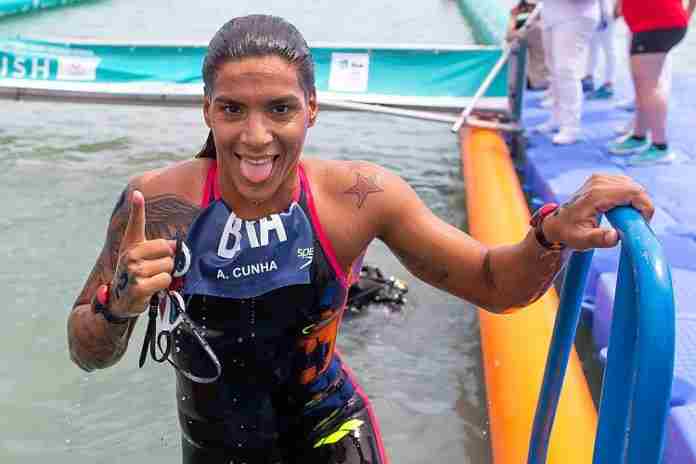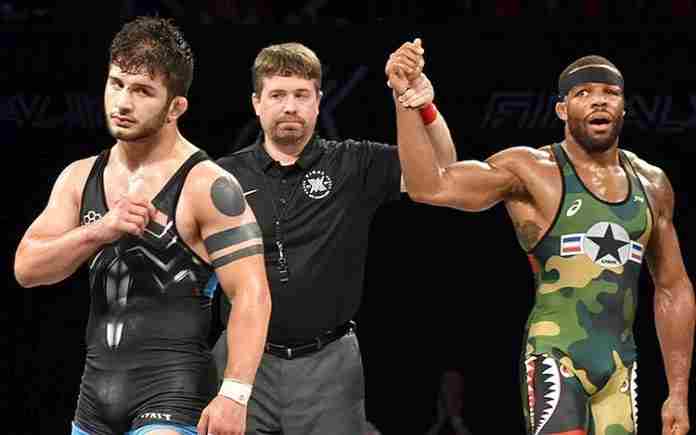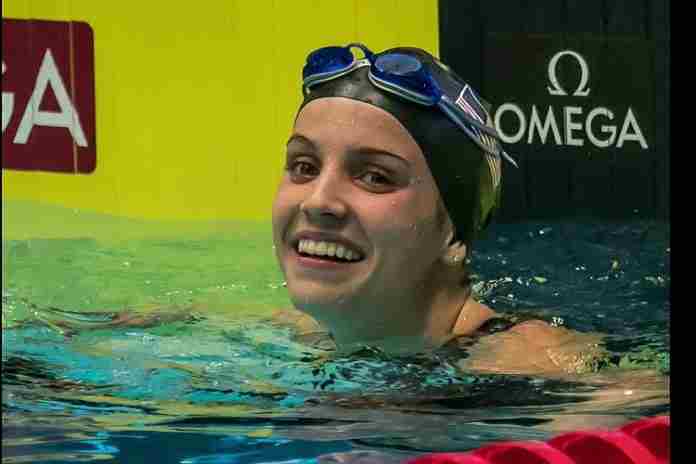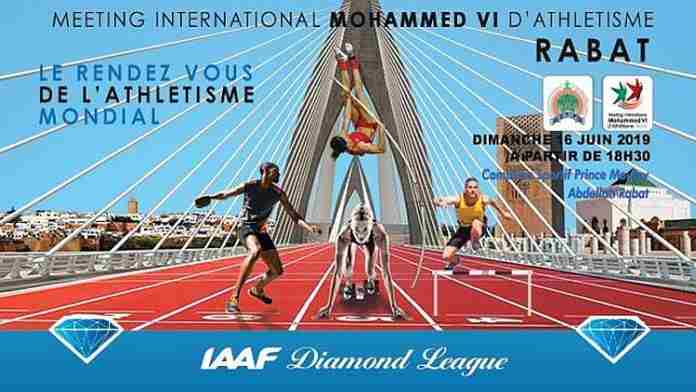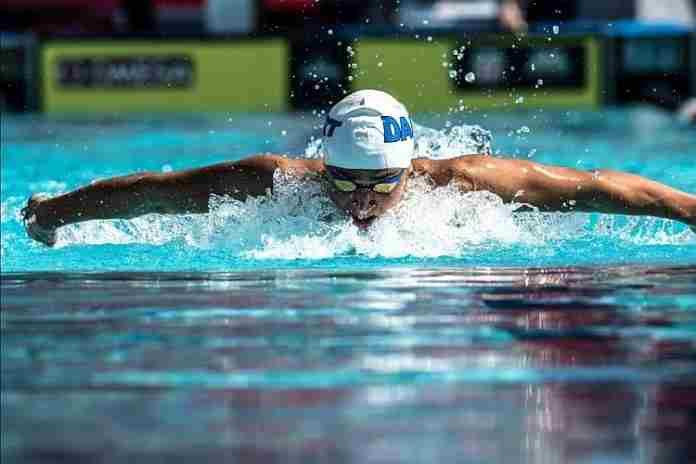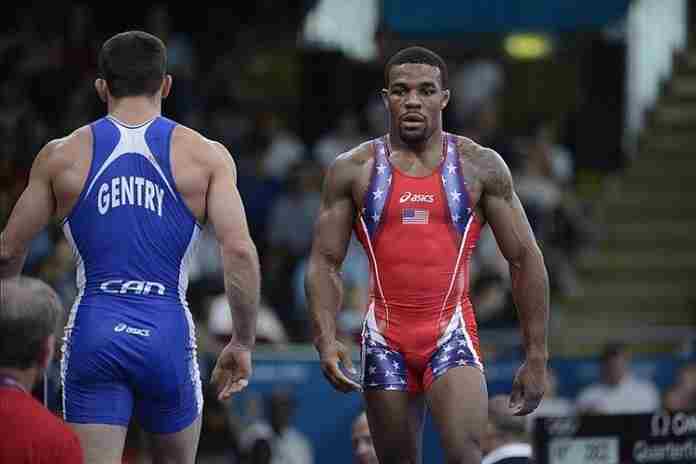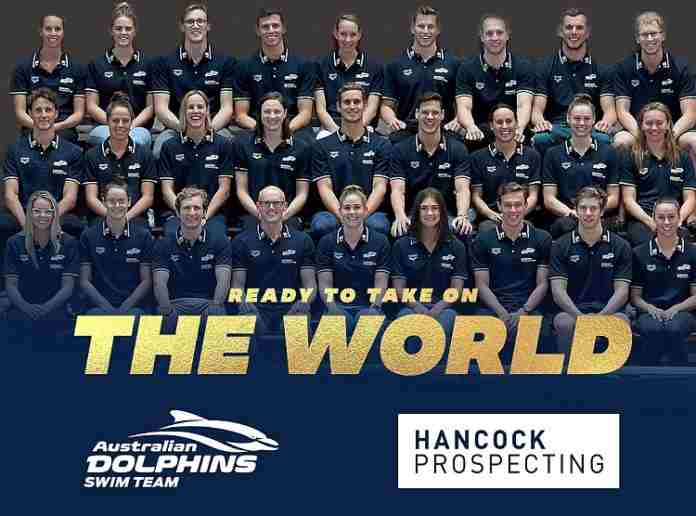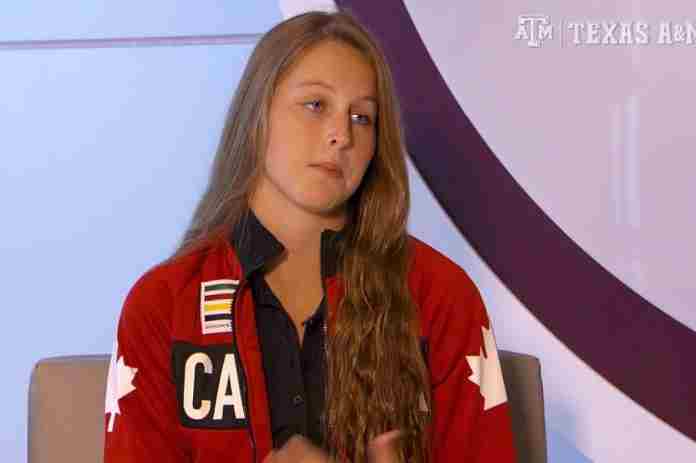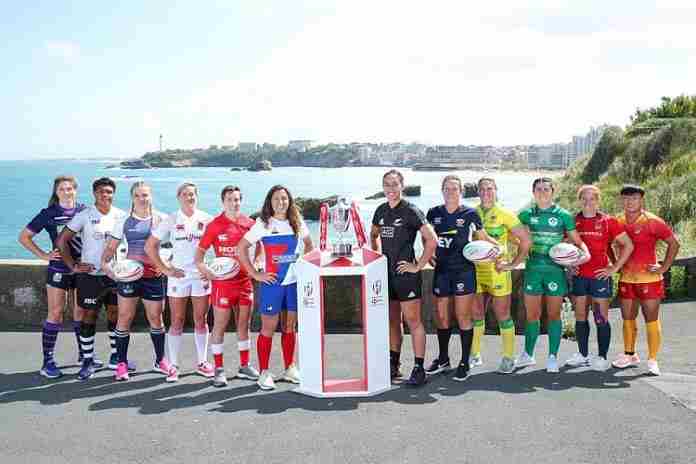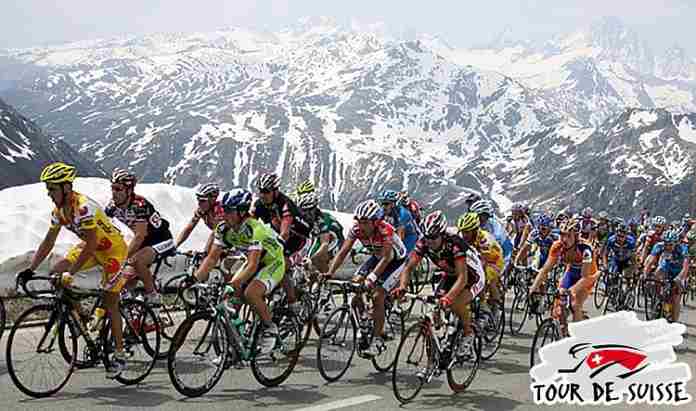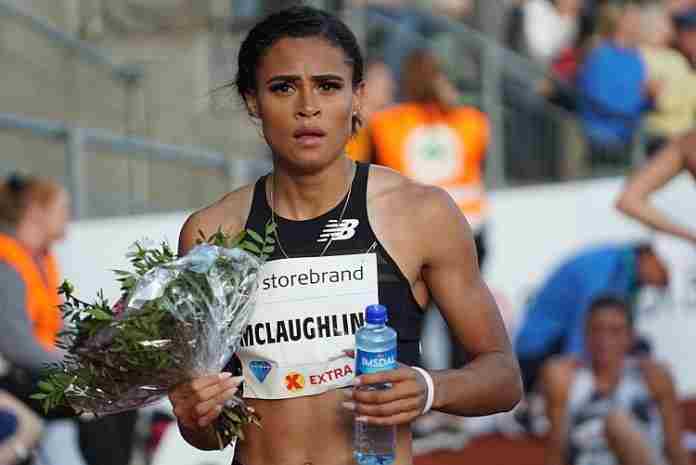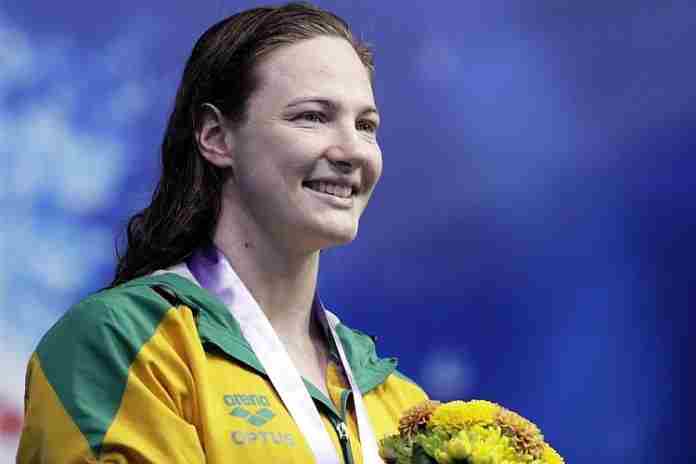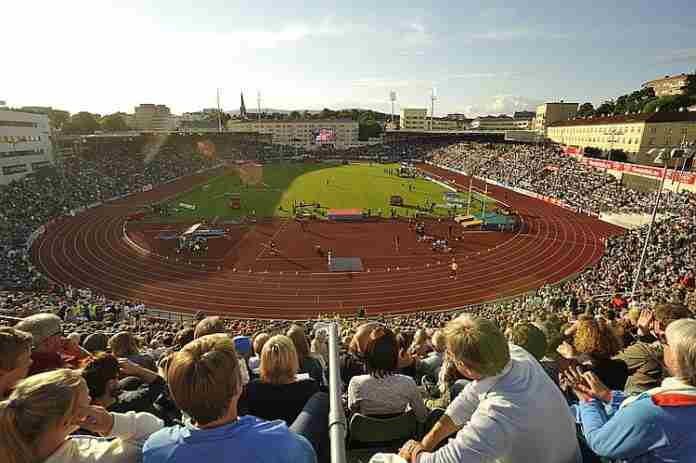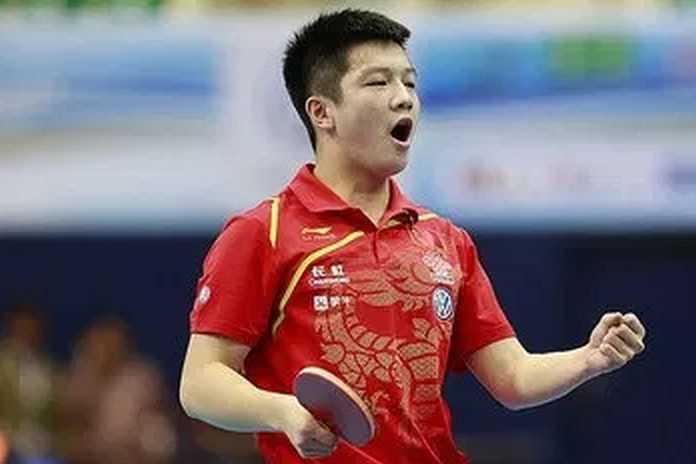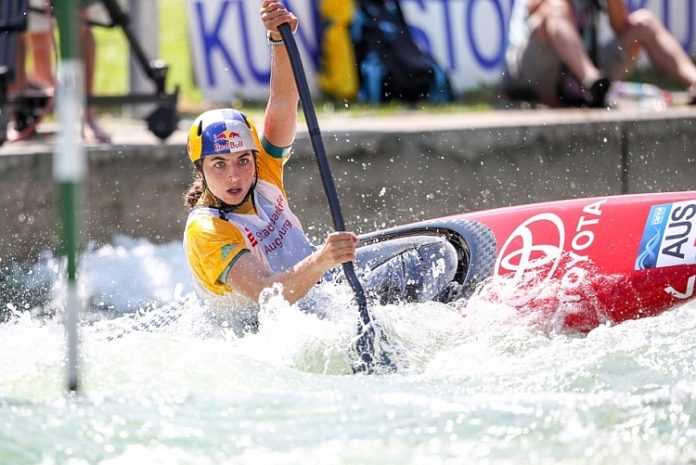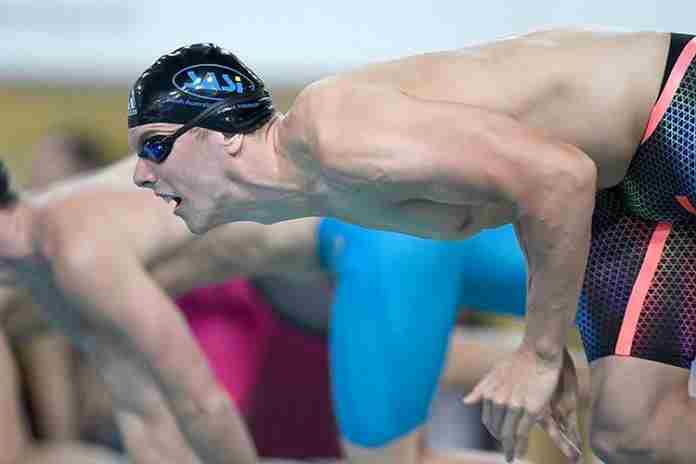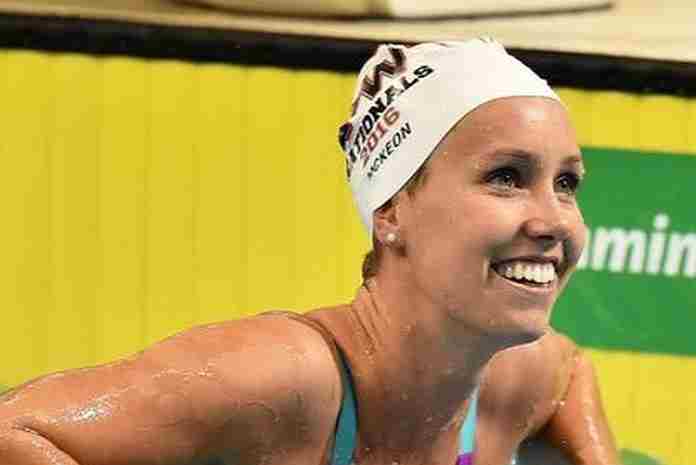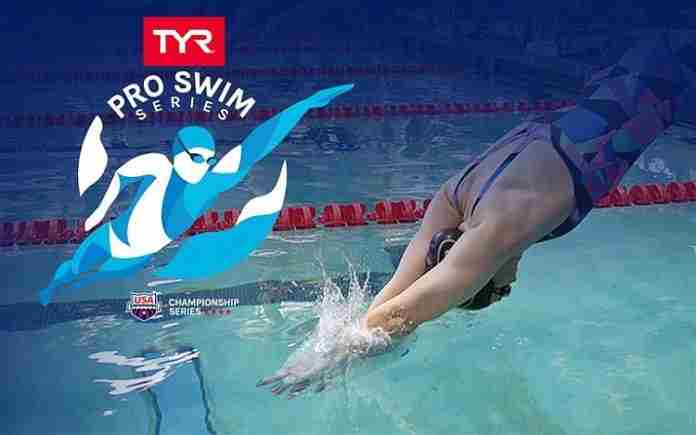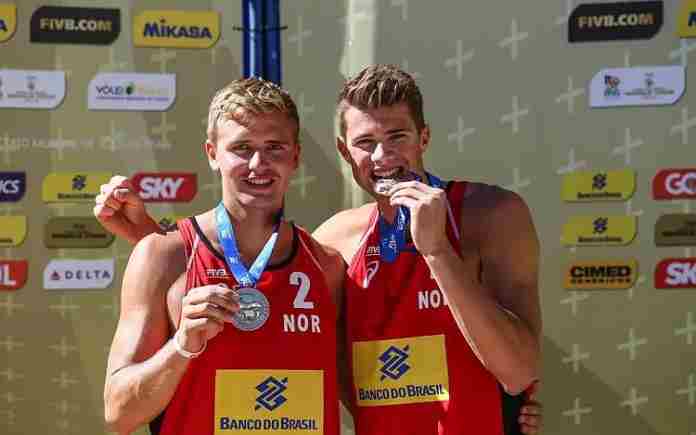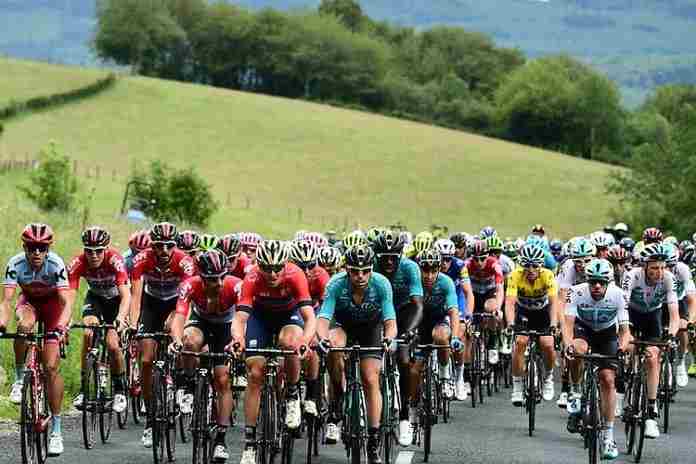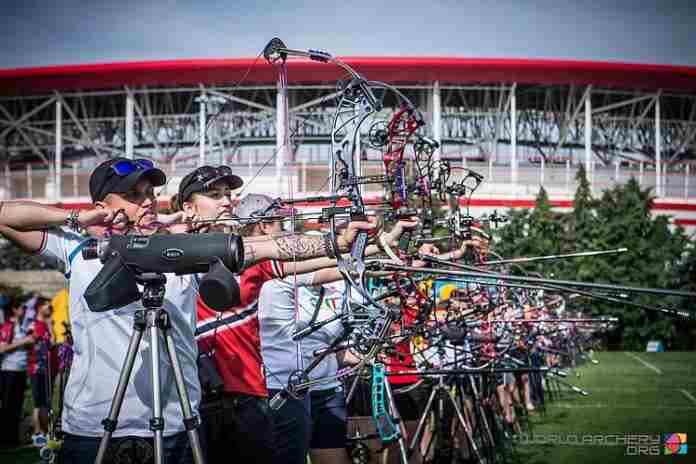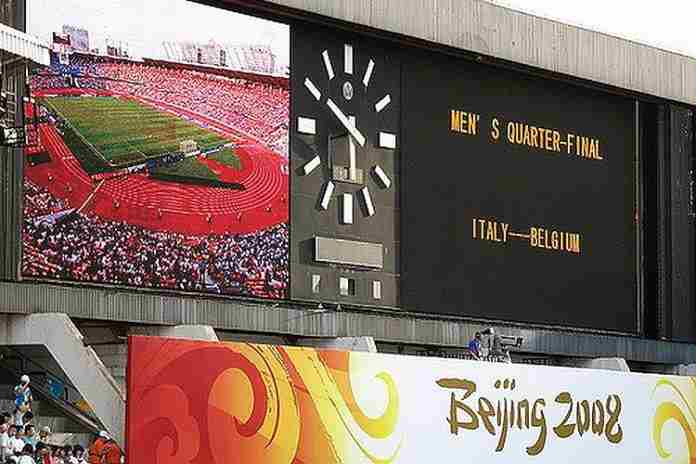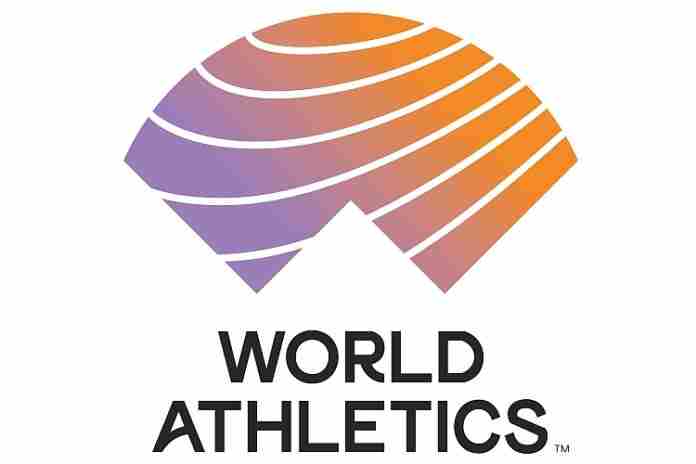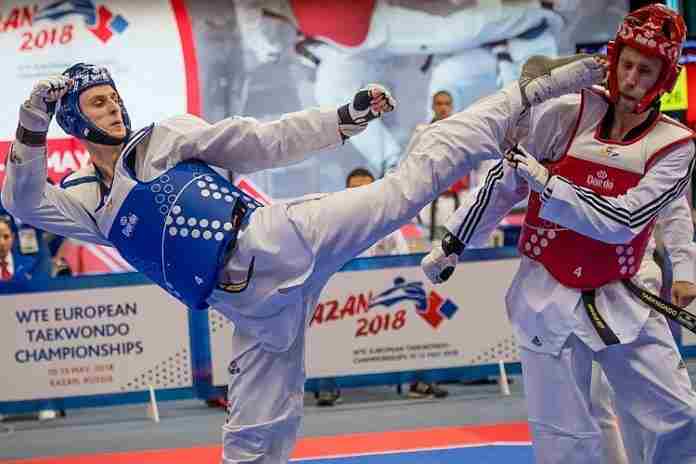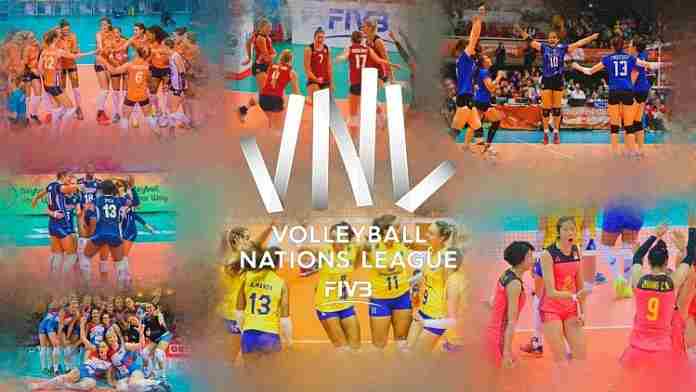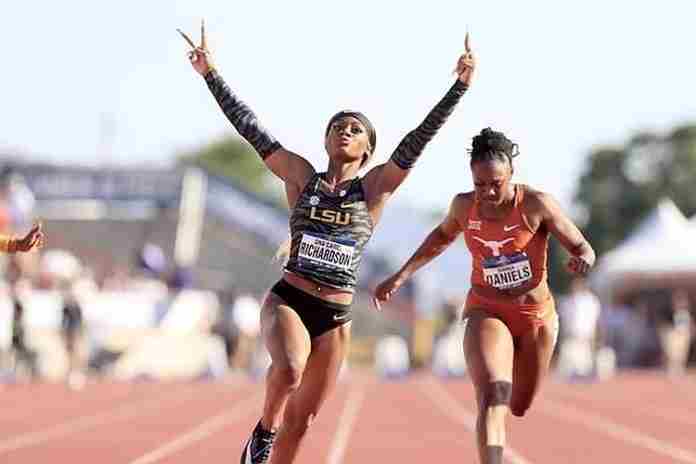The 2019 Women’s World Cup group stage has finally ended after 14 days of play and the 16 contenders for the title are now known. The elimination round will start on Saturday (22nd) and now the tournament really starts:
Upper bracket:
● 22 June: Norway vs. Australia
● 23 June: England vs. Cameroon, France vs. Brazil
● 24 June: Spain vs. United States
Lower bracket:
● 22 June: Germany vs. Nigeria
● 24 June: Sweden vs. Canada
● 25 June: Italy vs. China, Netherlands vs. Japan
The group play ended with the following results (records shown as W-L-T):
● Group A: 1. France (3-0); 2. Norway(2-1), 3. Nigeria (1-2); 4. South Korea (0-3)
● Group B: 1. Germany (3-0); 2. Spain (1-1-1); 3. China (1-1-1); 4. South Africa (0-3)
● Group C: 1. Italy (2-1); 2. Australia (2-1); 3. Brazil (2-1); 4. Jamaica (0-3)
● Group D: 1. England (3-0); 2. Japan (1-1-1); 3. Argentina (0-1-2); 4. Scotland (0-2-1)
● Group E: 1. Netherlands (3-0); 2. Canada (2-1); 3. Cameroon (1-2); 4. New Zealand (0-3)
● Group F: 1. United States (3-0); 2. Sweden (2-1); 3. Chile (1-2); 3. Thailand (0-3).
The U.S. played its best half of football – maybe the best half played by any team in the tournament – in its first 45 minutes vs. Sweden on Thursday. Although it only had a 1-0 lead thanks to a Lindsey Horan tap-in from the third minute, the U.S. dominated play and had repeated attacks on goal. Sweden mounted very little offense against a high-pressure U.S. midfield and forward wall.
The second half also started well for the U.S. and Tobin Heath got a brilliant goal in the 50th minute, faking a defender and whistling a shot from a hard angle to the goal and past Swedish keeper Hedvig Lindahl for a 2-0 lead. The replays indicated the ball actually touched Swedish defender Jonna Andersson on its way to the net, so it was classified as an own goal.
The U.S. had 18 shots to six and controlled 58% of the possession, although Sweden proved more aggressive in the last half-hour. But the U.S. set a Women’s World Cup record with 18 goals in the group stage, mostly from its 13-0 pounding of Thailand in the opener.
But now that the group stage has finished and a third of the teams have been dismissed, the European domination of the group stage has been confirmed. The numbers:
Africa: 3 teams/9 games
● Record: 2-7-0
● Goals: 6-17
● Shots: 77-147
● Possession: 40-60%
Asia: 4 teams/12 games
● Record: 3-8-1
● Goals: 5-32
● Shots: 119-221
● Possession: 46-54%
North America: 3 teams/9 games
● Record: 5-4-0
● Goals: 23-14
● Shots: 169-68
● Possession: 57-43%
Oceania: 2 teams/6 games
● Record: 2-4-0
● Goals: 9-10
● Shots: 56-89
● Possession: 47.5-52.5%
South America: 3 teams/9 games
● Record: 3-4-2
● Goals: 11-12
● Shots: 98-130
● Possession: 45-55%
Europe: 9 teams/27 games
● Record: 16-3-2 vs. non-European teams
● Goals: 45-14 vs. non-European teams
● Shots: 338-202
● Possession: 57-43%
With half of the final 16 playing, the odds are excellent on one European team making the final, but that’s why the games are actually played on the field and not on paper. For scores and lots of details, FIFA’s Women’s World Cup site is here.








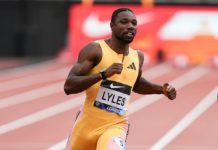

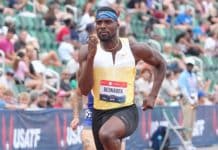

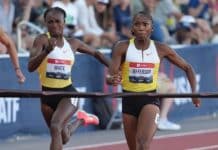
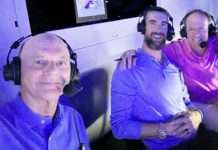
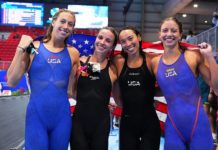
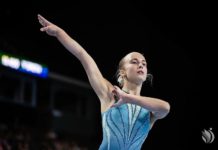
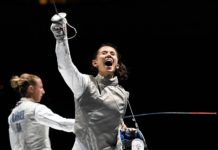

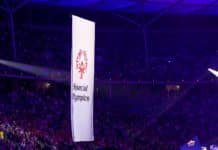
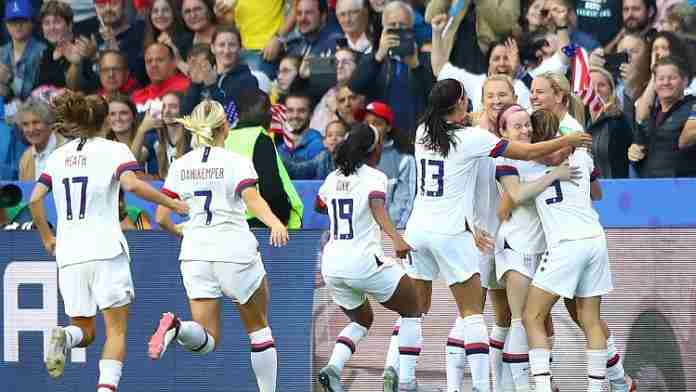
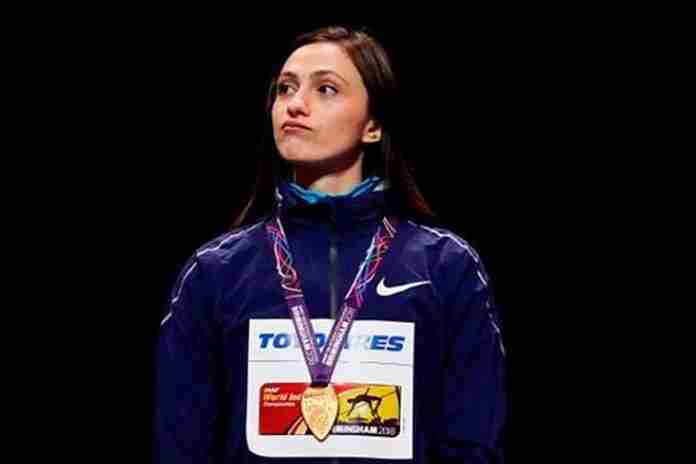
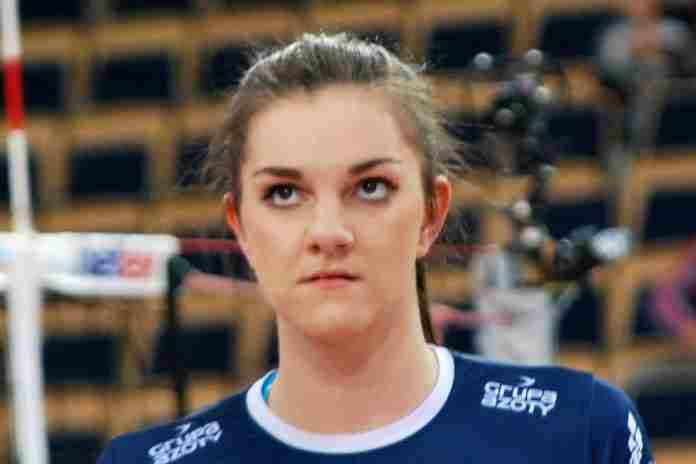
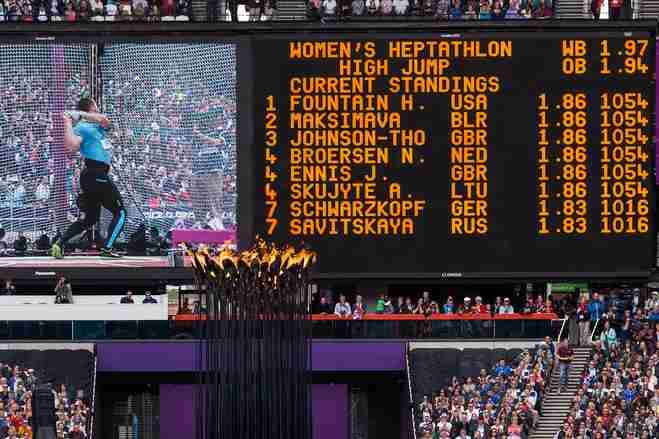
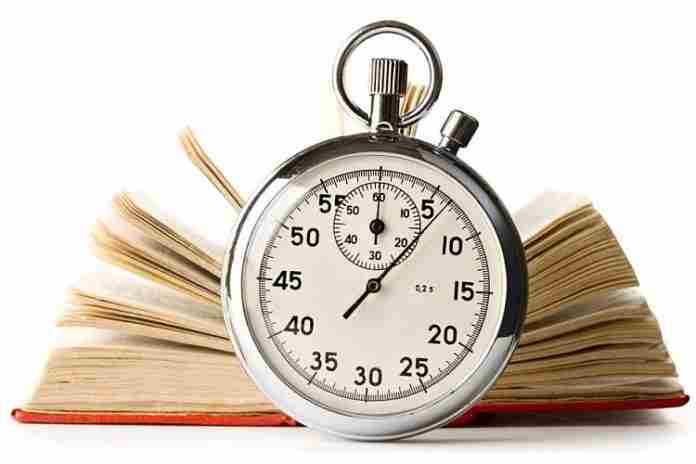
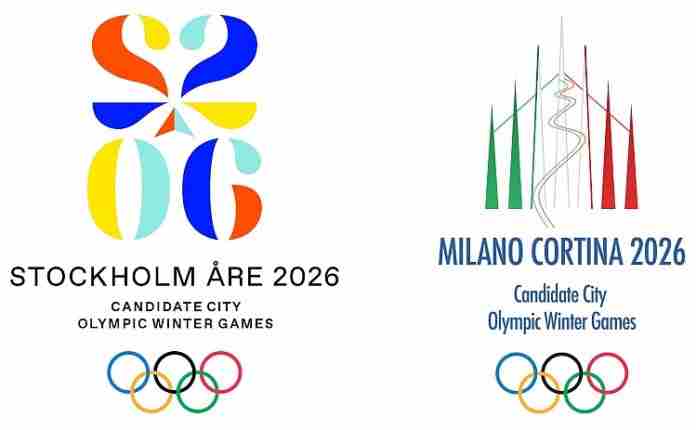
 Despite all of the many stories written about the implosion of interest in the Olympic Winter Games, the International Olympic Committee will make exactly the choice it wanted for 2026, awarding the event to one of two European candidates.
Despite all of the many stories written about the implosion of interest in the Olympic Winter Games, the International Olympic Committee will make exactly the choice it wanted for 2026, awarding the event to one of two European candidates.